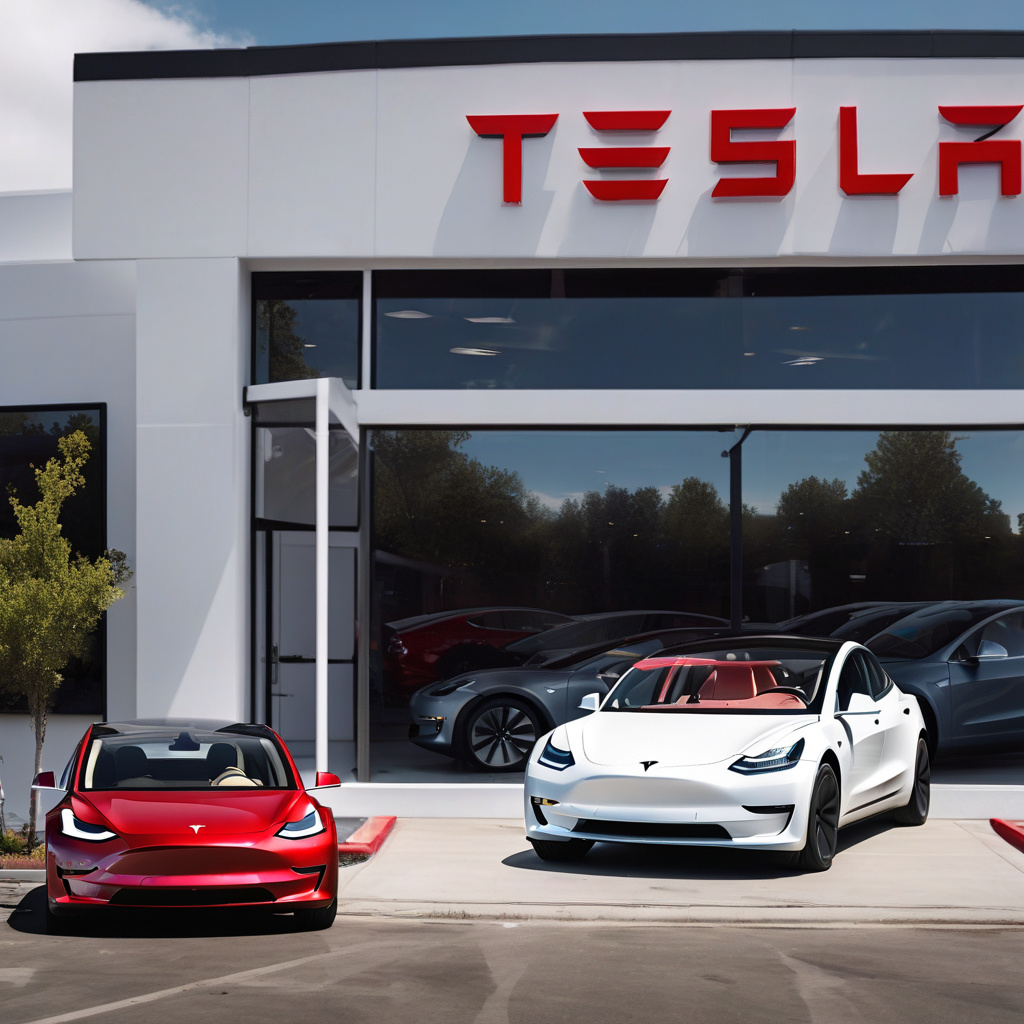Title: The Tesla Conundrum: Navigating Weak Sales and Public Sentiment
Tesla, a pioneer in the electric vehicle industry, recently faced a significant setback as its profits plummeted by a staggering 71%. The company’s financial results, unveiled on Tuesday, revealed a stark reality: Tesla’s sales figures are dwindling, pushing the company perilously close to financial instability.
In the latest report, Tesla disclosed a mere $409 million in net income from $19.3 billion in revenue. These numbers are a far cry from the success the company has enjoyed in previous years. What’s particularly alarming is that this decline comes on the heels of Tesla delivering nearly 337,000 electric vehicles, showcasing a paradox of high sales volume but diminishing profitability.
The repercussions of this sharp profit decline extend beyond financial implications. Not only does it erode Tesla’s competitive edge within the electric vehicle market, but it also underscores a growing anti-Elon Musk sentiment among consumers and investors alike. Musk, the enigmatic figure behind Tesla, has long been a polarizing force, with his bold vision and unconventional approach shaping the company’s identity.
However, as Tesla grapples with weakening sales and mounting skepticism surrounding Musk’s leadership, it faces a pivotal juncture. To navigate these challenges effectively, Tesla must adopt a multifaceted strategy that addresses both its financial performance and public perception.
One crucial aspect that Tesla must prioritize is reevaluating its sales and marketing tactics. While the company has excelled in generating buzz and cultivating a loyal fan base, converting this enthusiasm into sustained sales growth remains a critical hurdle. By refining its sales strategies, targeting new market segments, and enhancing customer engagement, Tesla can revitalize its sales pipeline and reignite investor confidence.
Moreover, Tesla must proactively address the anti-Elon Musk sentiment that looms over the brand. As the face of the company, Musk’s actions and statements carry significant weight, influencing public perception and investor trust. By enhancing transparency, fostering accountability, and demonstrating a commitment to ethical business practices, Musk and Tesla can mitigate negative sentiment and rebuild credibility among stakeholders.
In the realm of electric vehicles, competition is intensifying, with established automakers and tech giants entering the fray. Tesla’s ability to adapt to evolving market dynamics and consumer preferences will be paramount in securing its long-term viability. By leveraging its technological prowess, expanding its product portfolio, and fortifying its brand reputation, Tesla can navigate the current challenges and emerge stronger in the competitive landscape.
Ultimately, the Tesla conundrum encapsulates a broader narrative of innovation, resilience, and adaptability in the face of adversity. As Tesla confronts its financial woes and grapples with public sentiment, the path forward demands strategic foresight, bold decision-making, and a steadfast commitment to excellence. By embracing these principles, Tesla can transcend its current challenges and chart a course towards sustainable growth and success in the electric vehicle industry.

